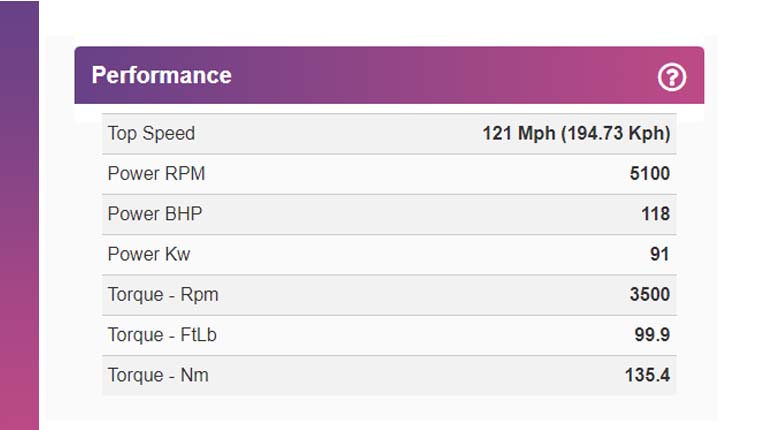To register a car in France, follow this procedure,
Step 1: Vehicle Inspection (Control Technique)
Step 2: Obtain a Certificate of Conformity (COC)
Step 3: Gather Required Documents
Step 4: Visit the Prefecture
Step 5: Pay the Registration Fee
Step 6: Receive Your Registration Certificate
Registration fees vary depending on the type of vehicle and must be paid at the time of registration.
Table of contents
Procedures for registering a car:
- Vehicle Inspection (Control Technique): Before initiating the registration process, your vehicle must undergo a mandatory inspection, known as the “Control Technique.” This examination evaluates the safety and environmental standards of the vehicle, ensuring it meets the necessary requirements for roadworthiness.
- Obtain a Certificate of Conformity (COC): For vehicles imported from another European Union country, acquiring a Certificate of Conformity (COC) is imperative. This document, issued by the manufacturer, attests that the vehicle complies with European Union regulations, including safety and emissions standards.
- Visit the Prefecture: Armed with the requisite documents and forms, the next step is to visit your local Prefecture. Here, you’ll submit your application for vehicle registration and undergo the necessary administrative procedures.
- Pay the Registration Fee: Registering a vehicle in France incurs various fees, including the registration fee, administrative charges, and potentially other taxes depending on the vehicle’s characteristics and region.
- Receive Your Registration Certificate: Upon successful completion of the registration process and payment of all applicable fees, you’ll be issued a registration certificate and license plates, allowing you to legally drive your vehicle on French roads.
Required documents:
- Proof of Identity: Present your valid passport or national identity card to verify your identity.
- Proof of Residence: Provide documentation confirming your residential address in France, such as a utility bill or rental agreement.
- Vehicle’s Certificate of Conformity (COC): For imported vehicles, ensure you have the COC issued by the manufacturer.
- Proof of Insurance: Obtain and present valid insurance coverage for your vehicle, as required by French law.
- Proof of Vehicle Inspection: Submit the Control Technique certificate, verifying that your vehicle has passed the mandatory inspection.
- Completed Registration Form: Fill out the registration form accurately and completely, providing all necessary details about the vehicle and its owner.
New vs. Second-hand cars:
Buying a new car:
- Advantages: Purchasing a new car with latest technologies such as eyesight driver assist technology offers the assurance of warranty coverage, fewer maintenance issues, and access to the latest safety features and technology.
- Considerations: However, new cars often come with a higher price tag, significant depreciation in the initial years, and potentially longer delivery times if ordering directly from the manufacturer.
Buying a second-hand car:
- Advantages: Opting for a second-hand vehicle can be a cost-effective choice, offering a more affordable initial purchase price and potential savings on depreciation.
- Considerations: However, buyers must be vigilant about the vehicle’s condition, potential maintenance needs, and any hidden issues. Additionally, warranty coverage may be limited or non-existent, and financing options could be more restrictive. Check whether it is stolen or was scrapped car .
Certificate of conformity (COC):
- Importance: The Certificate of Conformity (COC) is a critical document for imported vehicles, serving as proof that the vehicle meets European Union regulations.
- Obtaining: To obtain a COC, contact the manufacturer or an authorized dealer of the vehicle to request the necessary documentation. The process may involve providing specific details about the vehicle, such as its VIN (Vehicle Identification Number) and model specifications.
- Cost: The cost of obtaining a COC varies depending on the manufacturer and the specific vehicle model. Be prepared to pay a fee for this essential document, which is typically required during the registration process.
Taxes and fees:
- Registration Tax: The registration tax is levied on all newly registered vehicles in France and is calculated based on factors such as the vehicle’s type, CO2 emissions, and fiscal power. Rates may also vary depending on the region.
- Annual Circulation Tax: This tax, also known as the road tax, is payable annually and is based on factors such as the vehicle’s engine size, emissions, and fuel type.
- Insurance Tax: Law in France requires mandatory vehicle insurance, and the cost varies depending on factors such as the type of coverage, the vehicle’s value, and the driver’s history. Be sure to factor in insurance premiums when budgeting for vehicle ownership.
Conclusion
Registering a car in France involves a series of procedural steps, meticulous documentation, and careful considerations, whether you’re purchasing a new vehicle or opting for a second-hand one.
By understanding the registration process, gathering the required documents, and considering factors such as COCs, taxes, and the type of vehicle, you can navigate the bureaucratic process with confidence and embark on your French driving adventure without delay.








